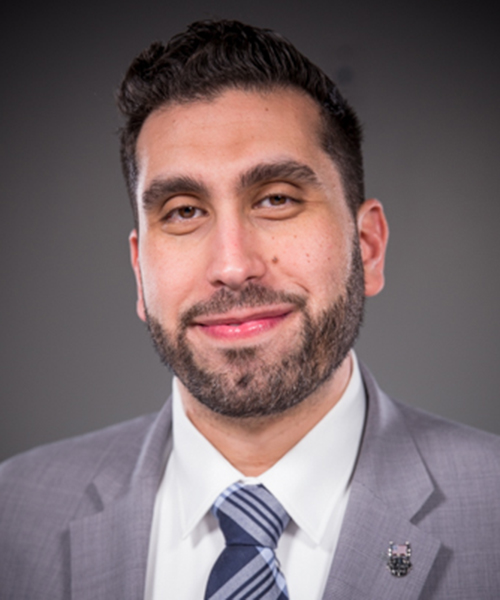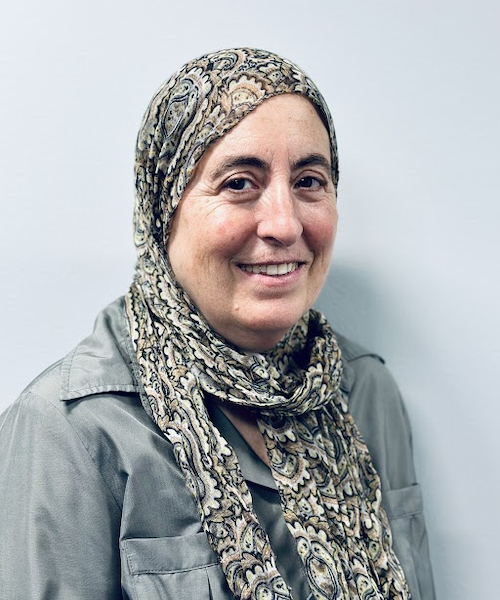Humanitarian Access in Conflict Zones: The Role of Faith-Based Actors
Showing the Humanitarian Access in Conflict Zones: The Role of Faith-Based Actors Video
Thursday, June 2, 2022
1:00 p.m. - 2:00 p.m. EDT
Location:
Healy Hall Riggs Library Map
The Russian invasion of Ukraine and the subsequent humanitarian crisis have brought the precarity and fragility of human security in conflict zones to global attention in ways that few other conflicts have in recent history. As in the case in most international conflicts, actors across the world—including international non-governmental organizations, state agencies, and civil society organizations—have all sought to mitigate the human suffering of this conflict through the delivery of medical aid, management of refugee relocation, and securing of basic safety. Faith-based organizations also constitute a critical set of institutions responsible for alleviating human suffering in conflict zones.
This panel discussion examined the various roles faith-based organizations play in conflict zones, taking a candid look at their comparative advantages and limitations in these spaces. The cross-sector perspectives included in this panel conversation helped those in decision-making roles further explore the complex shared global challenge of conflict and humanitarian development. Lunch was served.
This event was co-sponsored by the Berkley Center for Religion, Peace, and World Affairs at Georgetown University, Islamic Relief USA, and the Schar School of Policy and Government at George Mason University.
Discover similar content through these related topics and regions.
Image Gallery
Image Gallery
/4

Christina Tobias-Nahi, director of public affairs, research and advocacy at Islamic Relief USA, opens the event.

Berkley Center Senior Fellow Katherine Marshall introduces the panel.

Dr. Abbas Barzegar, founder of the Horizon Forum, moderates a discussion on faith-based organizations in conflict zones.

Peter Mandaville, a senior research fellow at the Berkley Center, describes the challenges facing these organizations.
Participants
Related Publication
Policy Brief August 31, 2022







